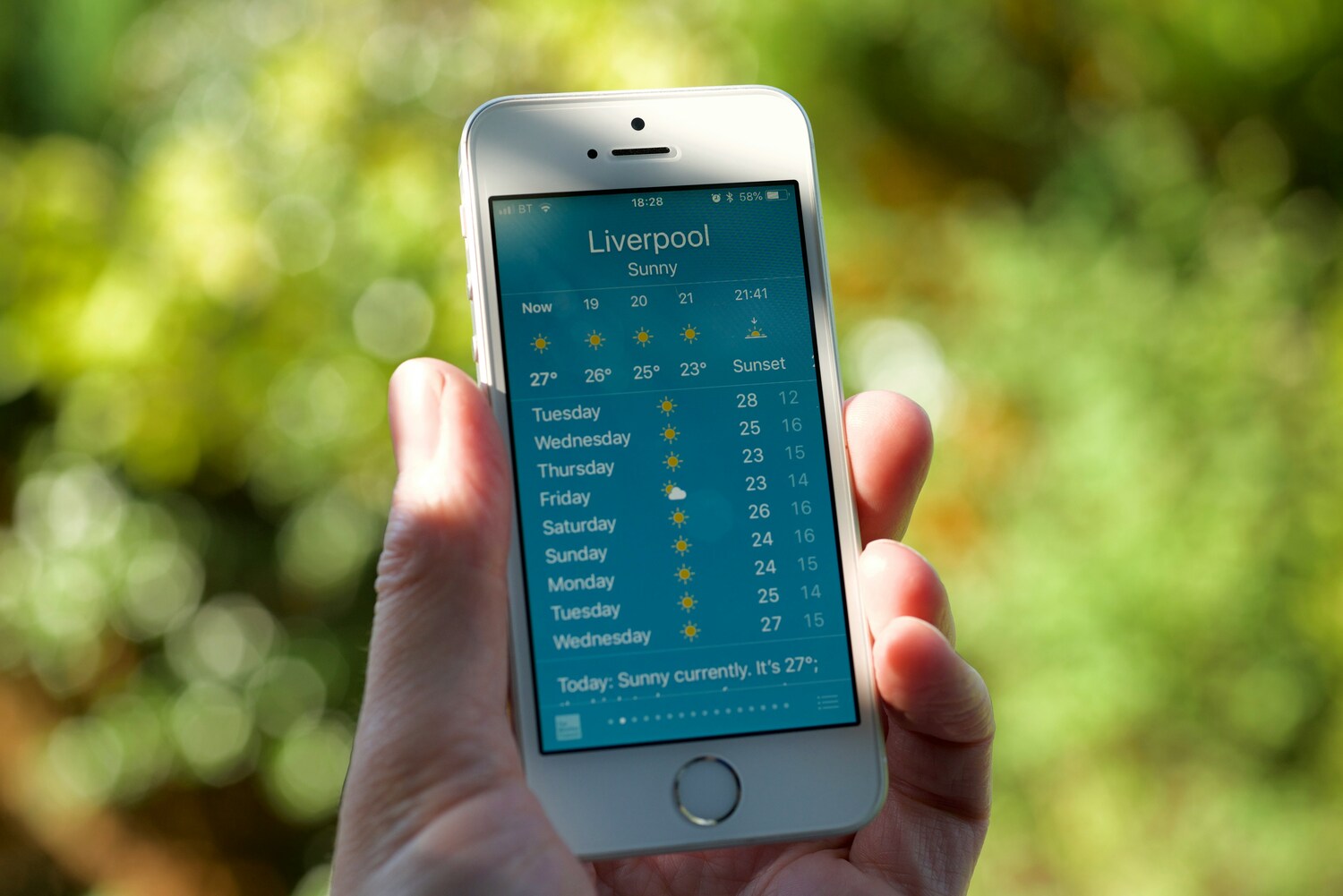Most people assume that once an app promises “data protection” or “privacy compliance,” their personal information is safe. Unfortunately, the reality is much darker, especially for older users who may not fully understand how aggressive data collection has become. Despite laws like the GDPR in Europe and the CCPA in California, many apps continue to harvest and sell user data to advertisers, data brokers, and even third-party partners, sometimes without making it clear to the user.
For seniors, this isn’t just an inconvenience. The sale of personal data can lead to targeted scams, identity theft, and predatory financial offers. Yet these practices often hide in plain sight, buried in lengthy privacy policies that few people read.
Here’s the uncomfortable truth: some of the most trusted and widely used apps are still profiting from your personal information. And seniors, who often rely on apps for health tracking, financial management, and social connections, are prime targets.
Below, we’ll examine seven popular apps that continue to sell or share senior data, and why this matters more than you think.
7 Popular Apps That Are Still Selling Senior Data
1. Social Media Platforms (Facebook, Instagram)
It’s no secret that social media giants collect data, but the extent to which they monetize user behavior is staggering. Platforms like Facebook and Instagram don’t just track your likes and posts; they monitor how long you linger on a video, your browsing habits outside the app, and even your location data.
For seniors, the risk is heightened because these platforms often serve as a lifeline to family and friends. Many older users overshare personal details, such as birthdays, grandchildren’s names, and even health updates, making their data even more valuable to advertisers. While the company may claim to “anonymize” data, those details can still be pieced together to build comprehensive profiles sold to marketers and third-party data brokers.
2. Free Puzzle and Game Apps
Crossword puzzles, word searches, Sudoku apps—these might seem harmless entertainment for retirees, but many of these free game apps are massive data harvesters in disguise. They ask for unnecessary permissions, such as access to contacts or location, and then quietly share that information with ad networks.
The appeal of these games is strong because they’re marketed as “brain boosters” for older adults. But what’s rarely mentioned is that these companies often make more money from selling data than from ads themselves. This means every time a senior logs on for a quick puzzle, their information, like location, device ID, and sometimes even demographic details, can end up in the hands of unknown companies.
3. Health and Fitness Trackers
Apps that monitor steps, heart rate, or blood pressure sound like great tools for staying healthy, but they’re a goldmine of sensitive data. Some of the most popular health-tracking apps quietly share aggregated data with insurers, pharmaceutical companies, and marketing agencies.
Even if the app claims your identity is protected, health-related data is uniquely valuable because it can predict future spending on medical care or insurance. Seniors who trust these apps to improve wellness often don’t realize they’re feeding information into a system that may later influence insurance rates or target them with medical product ads.
4. Shopping and Coupon Apps
Discount apps that promise big savings often come with an invisible cost: your personal information. Seniors, who may be more budget-conscious in retirement, are prime targets for these apps, which collect purchase histories, browsing habits, and geolocation data.
What’s particularly concerning is how this data can be combined with other sources to infer financial vulnerability. If an app knows you buy discounted groceries or generic medications, that information can end up with marketers selling everything from payday loans to questionable “financial solutions.”

5. Weather Apps
It seems absurd that a simple weather app would need your personal details, but many do. Some of the most popular weather apps have been caught selling location data to data brokers, sometimes in near-real-time. That means your movements can be tracked and packaged for sale, raising security and privacy concerns.
Why does this matter for seniors? Criminals have used location-based data to predict when someone isn’t home—a terrifying thought for older adults who live alone. Something as innocent as checking tomorrow’s forecast can inadvertently share your exact whereabouts with dozens of companies.
6. Medication Reminder Apps
For seniors managing multiple prescriptions, medication reminder apps are convenient. But some of these apps collect and share highly sensitive information about your prescriptions, refill habits, and even conditions implied by the drugs you take.
This data can flow to pharmaceutical companies or advertising networks, leading to targeted ads for expensive medications or questionable “health supplements.” While these apps often market themselves as healthcare tools, they’re rarely bound by the same privacy protections as doctors or pharmacies, leaving users vulnerable.
7. Free Email Providers
While email isn’t technically an “app,” the mobile apps for free email services deserve mention because they’re a primary communication channel for many seniors. These providers often scan email content for keywords to deliver targeted ads. While they may not sell the raw text of your emails, the metadata and categorized behavioral data are monetized in massive volumes.
This practice exposes seniors to targeted phishing scams. If your email habits suggest interest in retirement planning or health products, you’re more likely to see ads and scams designed to exploit those concerns.
Why Seniors Are Especially Vulnerable
The issue isn’t just that apps sell data. It’s that seniors often don’t realize the scope of these practices. Many assume “privacy settings” or legal disclaimers offer real protection. In reality, consent forms are buried in dense legal jargon that even tech-savvy users struggle to understand.
For older adults, this lack of transparency can lead to serious consequences: identity theft, financial scams, and manipulative marketing that preys on health concerns or financial insecurity. And because seniors often share devices with family or friends, the circle of exposure is even wider.
What Can Be Done?
The responsibility shouldn’t fall entirely on users, but awareness is the first line of defense. Seniors and those who support them should:
- Review App Permissions: Many apps request far more access than they need. Disable unnecessary permissions in your phone settings.
- Pay for Premium Versions: Free apps often monetize through data sales. Paid versions typically have stricter privacy practices.
- Read Privacy Summaries: If you can’t read the whole policy, look for sections labeled “Data Sharing” or “Third-Party Access.”
- Use Privacy Tools: VPNs, ad blockers, and privacy-focused browsers can limit data tracking across apps.
Convenience Comes at a Cost
Apps promise ease and entertainment, but for seniors, they often come with hidden trade-offs. The sale of personal data is big business, and older users, valued for their spending power and perceived vulnerability, are a prime target.
Downsizing your digital footprint, limiting app permissions, and paying attention to privacy settings can help. But the bigger solution lies in stronger regulations and transparency from tech companies—something advocates continue to push for.
Have you or someone you know experienced suspicious ads or scams after using an app? Do you think companies should face stricter penalties for selling personal data?
Read More:
8 Places Your Personal Data Is Sold Without You Knowing
8 Times Government Agencies Sold Your Data Without Telling You
Read the full article here














